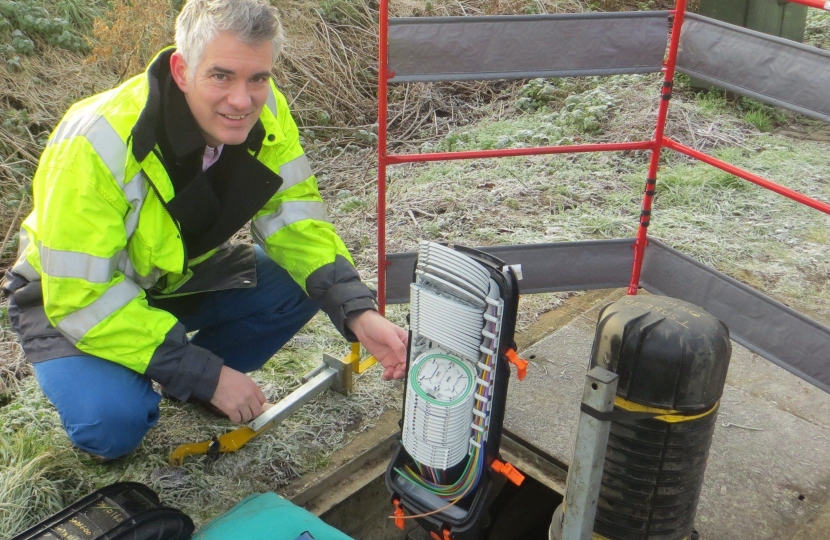
New spying laws will be used to bring online bullies and trolls to justice, the Home Secretary says.
Theresa May reportedly claims the surveillance powers - unveiled under the Investigatory Powers Bill last month - will help police and spooks to track down and identify anonymous cyberbullies.
This is because they will force Internet firms to retain individuals' connection records - which may then be used by officials to unmask abusive users going by various aliases, The Times reports.
It is the first time the government has said the new laws will be used to deal with what Mrs May describes as the 'pernicious' issue of cyberbullying, which affects millions of young Brits annually.
The Home Secretary made the remarks on the draft bill - which is being considered by parliament and has been criticised by many including the tech giant Apple - in a letter to MP James Cartlidge.
In her letter, she reportedly wrote: 'Internet connection records would update the capability of law enforcement in a criminal investigation to determine the sender and recipient of a communication, for example, a malicious message such as those exchanged in cyberbullying.'
She said the bill would, therefore, support the effort of police to tackle online bullying and trolling.
Mrs May copied the letter - which she wrote as a response to a question about the bill from Mr Cartlidge following its unveiling - to Shadow Home Secretary Andy Burnham, it is reported.
Researchers from Ditch The Label claim that as many as seven in 10 young people have been victimised by cyberbullies - with one in five having suffered extreme bullying on a daily basis,.
The online abuse - carried out on a range of social media networks - has led some to withdraw into themselves, grow depressed, lose self-esteem and, in several cases, even commit suicide.
Mr Cartlidge said: 'We're all becoming much more aware that the internet has a dark side.
'But it's not just about terrorism or hacking into bank accounts.
'There are these nasty, psychological attacks that particularly affect young people.'
Speaking to The Times, The South Suffolk MP added that the government does have to be able to 'police the Internet' - but he said that it must be careful with how far it extends the new powers.
Mrs May presented the Investigatory Powers Bill to the House of Commons in early November.
Under proposals in the bill, communications firms would be legally required to help spies hack into suspects' smartphones and computers, while domestic providers would be obliged to assist intelligence agencies if they were given warrants to carry out equipment interference.
The technique allows authorities to interfere with electronic devices to obtain data and can range from remotely accessing a computer to covertly downloading the contents of a mobile phone.
This week, Apple raised concerns about the draft bill in an official submission to a parliamentary committee, while suggesting that the use of encryption in communications should be strengthened.
"We owe it to our customers to protect their personal data to the best of our ability,' the firm said.
'Increasingly stronger - not weaker - encryption is the best way to protect against these threats.'
The submission added: 'The Bill threatens to hurt law-abiding citizens in its effort to combat the few bad actors who have a variety of ways to carry out their attacks.
'The creation of back doors and intercept capabilities would weaken the protections built into Apple products and endanger all our customers.
'A key left under the doormat would not just be there for the good guys.
'The bad guys would find it too.'
Published in the Daily Mail
